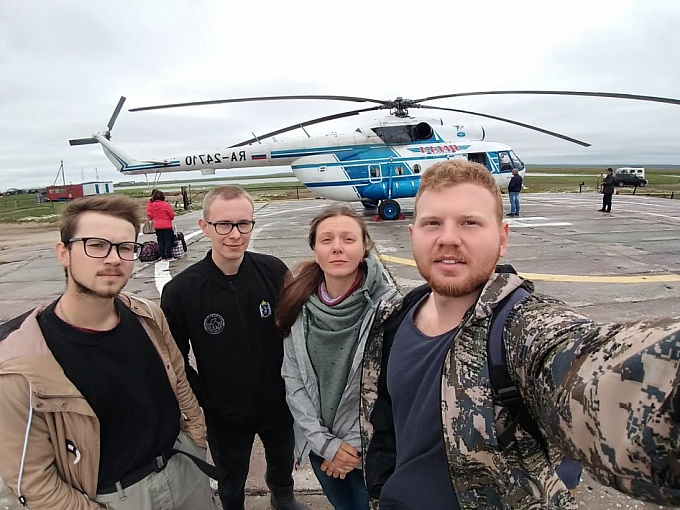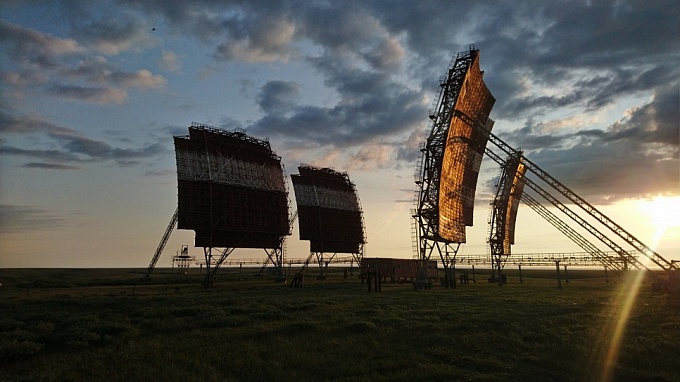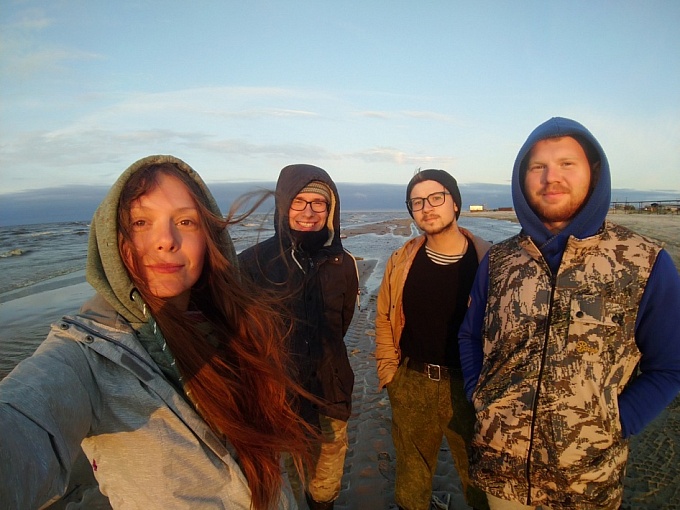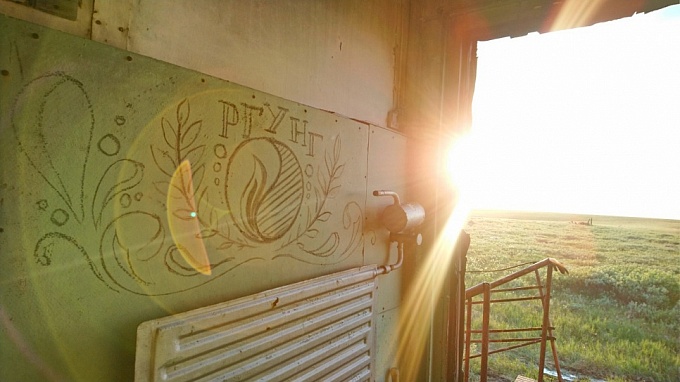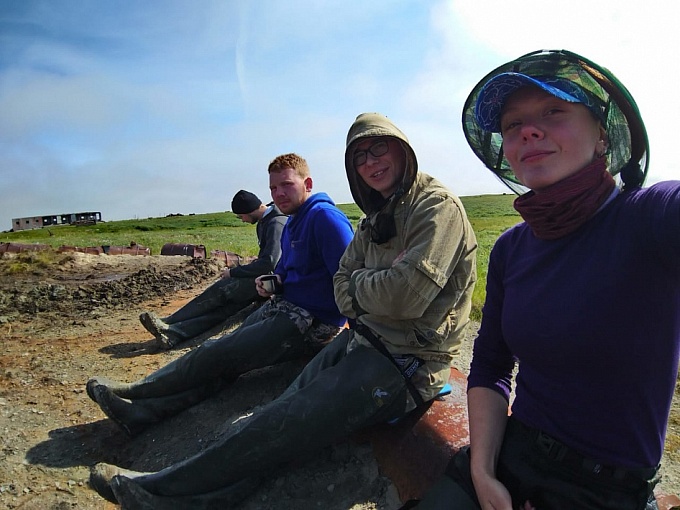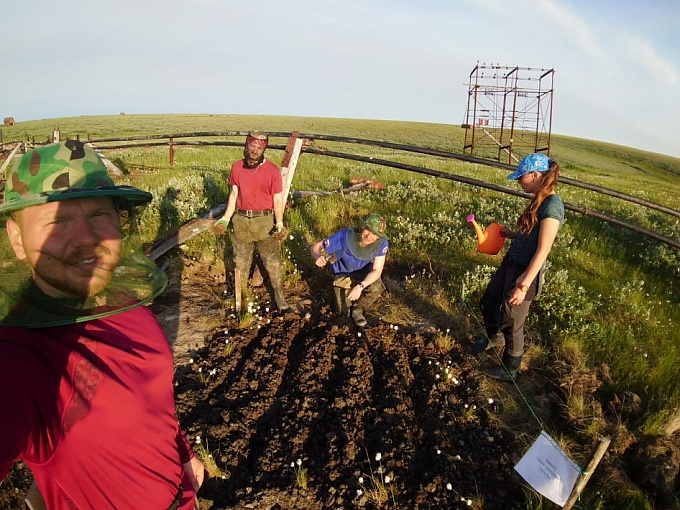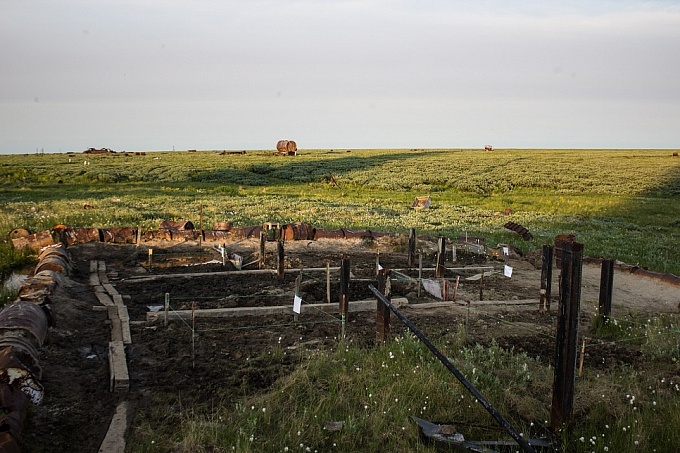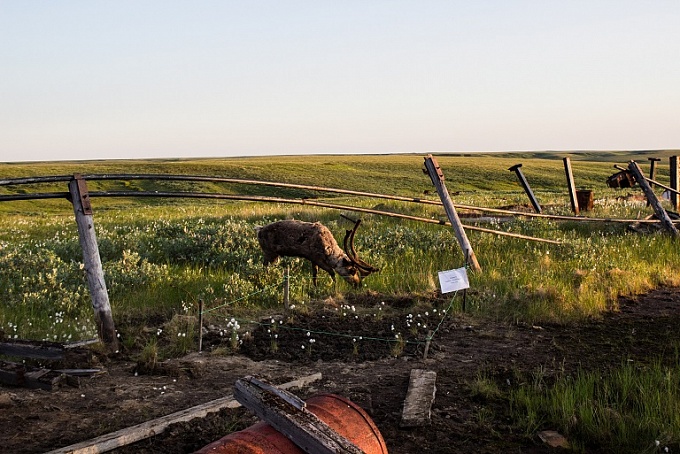Gubkin University students went on research expedition to the Far North
On 26 July 2019, the research expedition initiated by the Governor of the Yamalo-Nenets Autonomous Okrug and organized by the Russian Center for Arctic's Development jointly with Gubkin University was finished.
On 15-26 July 2019, within the framework of the National Ecology Project, the second research expedition was held to assess the environmental damage and to restore the damaged land on the territory of the Kama troposphere radio relay station and the village of Mys Kamenny. The research project is being implemented by Gubkin University together with the Russian Center for Arctic's Development. The importance of research on a national scale is to obtain new scientific information on the environmental effect of promising innovative technologies for the restoration and remediation of Arctic lands from the previous oil pollution.
The initiative for the ecological recovery of the territory of the Autonomous Okrug received the support of the regional government. During the summer expedition in 2018, the areas of significant soil contamination with oil and oil products were discovered on the territory of the abandoned Kama station. The sources of this contamination were petroleum products and lubricants, tanks and barrels. Based on the results of expeditionary and laboratory studies, an action plan for the restoration of Arctic lands was developed, including the use of sorption and reagent methods, followed by bio- and phytoremediation.
In 2019, the students Dmitry Bradik, Ivan Shaverin and Nikolay Tkachev under the supervision of the postgraduate student Olga Kulikova took part in the research expedition under the guidance of the Professor of the Department of Industrial Ecology Elena Mazlova.
The laboratory stage of research will be completed by the end of 2019. Comparative studies of the effectiveness of various methods of reclamation and rehabilitation of territories in ecological crisis will allow to develop a program for a pilot project aimed to eliminate accumulated environmental damage in the Far North and the Arctic.
The main support for expeditionary work was provided by the Russian Center for Arctic's Development within the framework of the complex research expedition “Yamal – Arctic 2019”.
